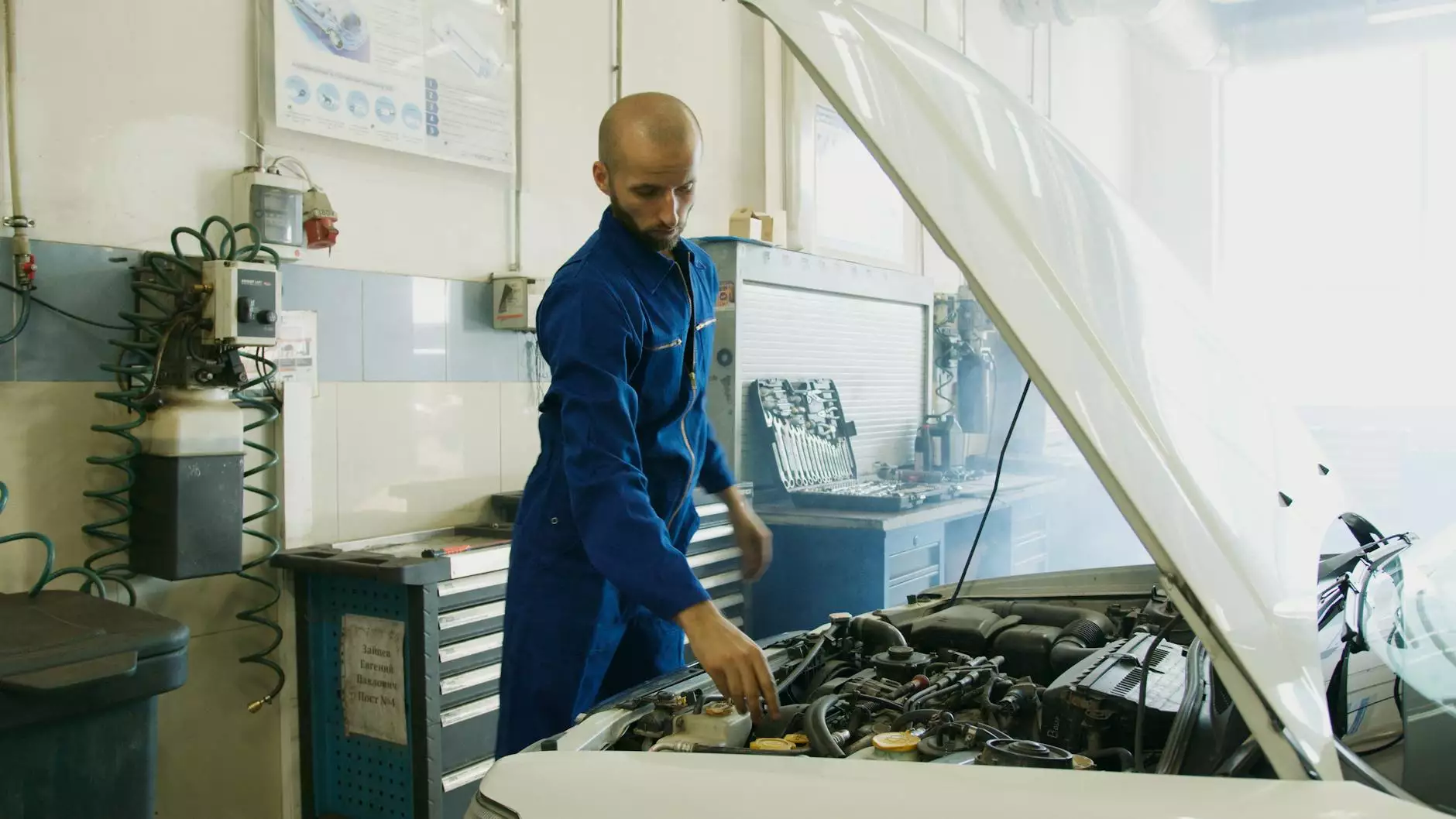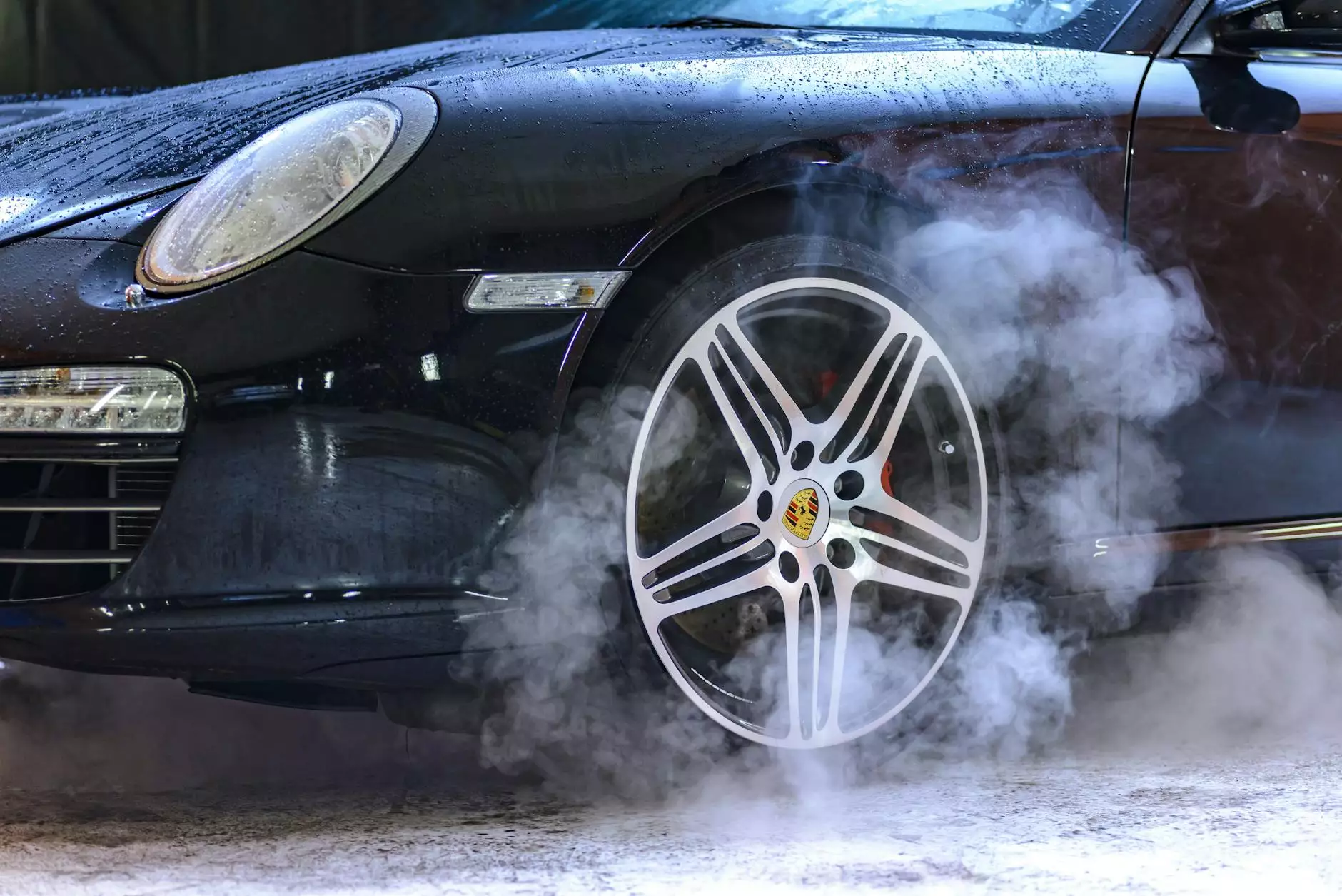The Essential Role of Solenoid Valve Parts in Diesel Engines

In the world of diesel engines, the intricacies of their operation often go unnoticed by the average user. However, within these powerful engines lies a range of components that work in harmony to ensure efficient functionality. One of these critical components is the solenoid valve part. Understanding its role, functionality, and sourcing the right parts can make a significant difference in engine performance and longevity.
What is a Solenoid Valve?
A solenoid valve is an electromechanical device that operates via electromagnetic induction. It controls the flow of liquids or gases in various systems, including diesel engines. When electric current passes through its coil, it generates a magnetic field that moves a plunger, opening or closing the valve.
The Importance of Solenoid Valve Parts in Diesel Engines
In diesel engines, solenoid valves play a crucial role in managing fuel and coolant flow. Here are several reasons why solenoid valve parts are essential:
- Fuel Management: Solenoid valves regulate the injection of fuel, ensuring optimal combustion and engine efficiency.
- Temperature Control: They help in managing engine temperature by controlling the flow of coolant.
- System Diagnostics: Many solenoid valves are integrated with sensors that provide real-time data on engine performance, which is vital for maintenance and troubleshooting.
- Efficiency Enhancement: Properly functioning solenoid valves reduce waste and enhance fuel efficiency by ensuring the right amount of fuel is injected into the combustion chamber.
Types of Solenoid Valve Parts
Understanding the different types of solenoid valve parts is essential for identifying which components are most suitable for your diesel engine:
1. Direct-Acting Solenoid Valves
This type operates directly with the electrical current. It is suitable for applications requiring reliable performance even in low-pressure situations.
2. Pilot-Operated Solenoid Valves
Pilot-operated valves use a smaller pilot valve that controls a larger main valve. These are often used in high-pressure applications, providing efficient control with minimal energy consumption.
3. Normally Open and Normally Closed Valves
Depending on the application, solenoid valves may be configured to remain open or closed when the power is off. Understanding these configurations helps in selecting the right valve for specific engine requirements.
Benefits of High-Quality Solenoid Valve Parts
Investing in high-quality solenoid valve parts is paramount for several reasons:
- Durability: Quality parts have longer lifespans, reducing the frequency of replacements and maintenance costs.
- Performance: Superior materials and design lead to enhanced performance, providing better response times and more precise control.
- Reliability: Premium solenoid valves are less likely to fail, which can prevent catastrophic engine issues.
- Cost-Effectiveness: In the long run, investing in high-quality parts can save money by minimizing downtime and reducing repair needs.
How to Choose the Right Solenoid Valve Parts
Selecting the appropriate solenoid valve parts for your diesel engine is crucial for optimizing performance. Here are key factors to consider:
1. Compatibility with Your Engine
Always ensure that the parts are compatible with the specific make and model of your diesel engine. This prevents performance issues and mechanical failures.
2. Understand Your Application
The application determines the type of solenoid valve needed. Whether it’s for fuel injection, coolant control, or another function, knowing your needs will help in making an informed choice.
3. Quality Certification
Look for parts that meet industry standards and have certifications. This is an indicator of the quality and reliability of the components.
4. Supplier Reputation
Opt for suppliers with a good reputation for quality and service, such as client-diesel.com. Sourcing from established suppliers ensures that you receive authentic and reliable parts.
Common Problems with Solenoid Valve Parts
Despite their crucial role, solenoid valve parts can encounter issues that affect engine performance. Awareness of common problems aids in early detection and resolution:
1. Electrical Failures
Issues with the electrical system can prevent solenoid valves from operating correctly, leading to inconsistent fuel delivery.
2. Blockages
Debris and contaminants can obstruct valves, affecting flow and potentially causing engine overheating or inefficiencies.
3. Mechanical Wear
Over time, the moving parts within a solenoid valve can wear out, leading to leaks or failure to actuate.
Maintenance Tips for Solenoid Valve Parts
To extend the life of your solenoid valve parts, consider these maintenance practices:
- Regular Inspections: Routine checks for wear and tear can help identify issues before they escalate.
- Cleanliness: Keeping the engine and components clean minimizes blockages and ensures smooth operation.
- Electrical Checks: Verify the electrical connections and functionality to avoid electrical failure.
Summary
In conclusion, the role of solenoid valve parts in diesel engines cannot be overstated. They are vital for controlling fuel flow, managing temperatures, and ensuring overall engine performance. By understanding the types of solenoids, their importance, and how to choose and maintain quality parts, engine owners can significantly enhance their diesel engines' efficiency and lifespan.
If you are looking for reliable solenoid valve parts, be sure to visit client-diesel.com, your trusted source for all diesel engine parts and spare part supplies.









